Optimal Timing for Fire Restorations
Determining the optimal time for fire restorations depends on various factors including weather conditions, fire seasonality, and property-specific circumstances. Typically, fire restoration projects are most effective when conducted during the late fall or early winter months, when environmental conditions are stable and less prone to weather-related delays. This timing allows for thorough cleanup and repairs before the onset of harsher weather.
Fire restorations are often best scheduled after fire seasons conclude, usually in late fall. Cooler temperatures and lower humidity levels can facilitate more efficient restoration work.
Dry and stable weather conditions reduce delays caused by rain or snow, enabling continuous progress on restoration projects.
Timing restorations when properties are accessible and utilities are operational can streamline the process and reduce costs.
Monitoring local fire activity patterns helps identify periods of decreased fire risk, ideal for scheduling restorations.

Initial evaluation of fire-affected structures is crucial for planning restoration timing.

Removing debris and soot often occurs during optimal weather conditions.

Restoring structural integrity is most effective when weather is predictable.

Interior repairs benefit from scheduling during dry, stable periods.
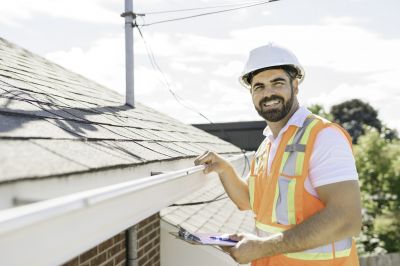
Ensuring safety and compliance before project completion is best done in favorable conditions.
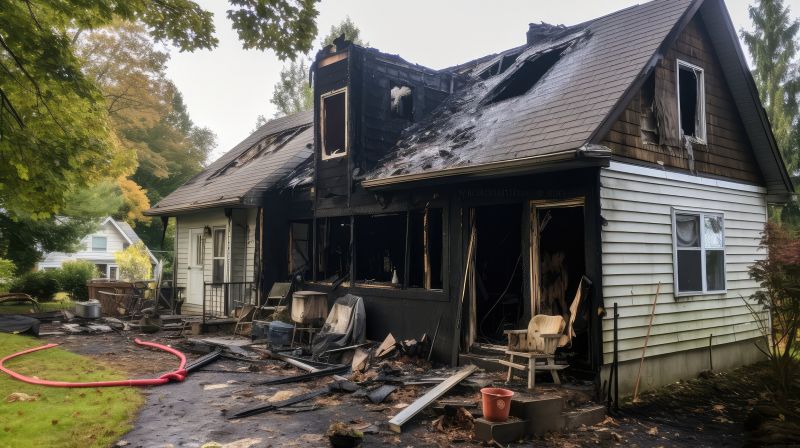
Reconstruction activities are scheduled for periods with minimal weather disruptions.
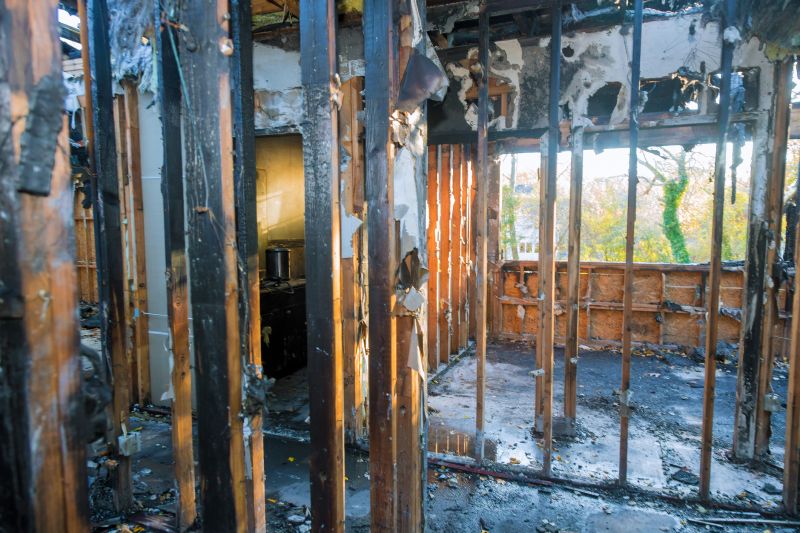
Ways to make Fire Restorations work in tight or awkward layouts.
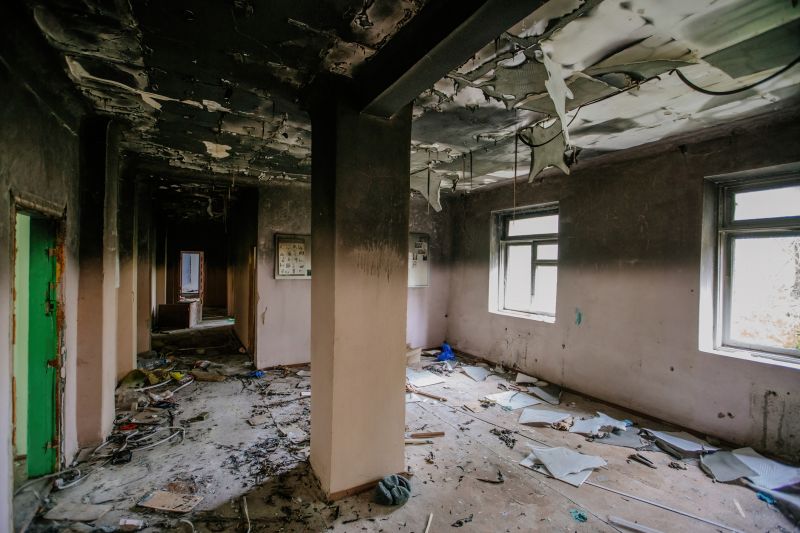
Popular materials for Fire Restorations and why they hold up over time.
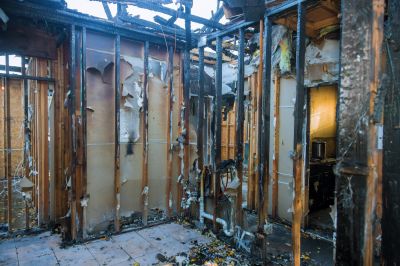
Simple add-ons that improve Fire Restorations without blowing the budget.
| Factor | Optimal Timing |
|---|---|
| Weather Conditions | Late fall to early winter |
| Fire Seasonality | Post-fire season, late fall |
| Property Accessibility | Any time utilities are operational |
| Community Planning | Aligned with local recovery efforts |
| Environmental Stability | Dry, stable weather periods |
Fire restorations encompass a comprehensive process of cleanup, structural repair, and rebuilding to restore properties affected by fire incidents. The process involves soot and smoke removal, debris clearance, structural reinforcement, and interior refurbishment. Effective restoration minimizes long-term damage, preserves property value, and ensures safety. According to industry statistics, timely fire restoration can reduce repair costs by up to 30% and significantly decrease the risk of secondary damages such as mold or structural failure.
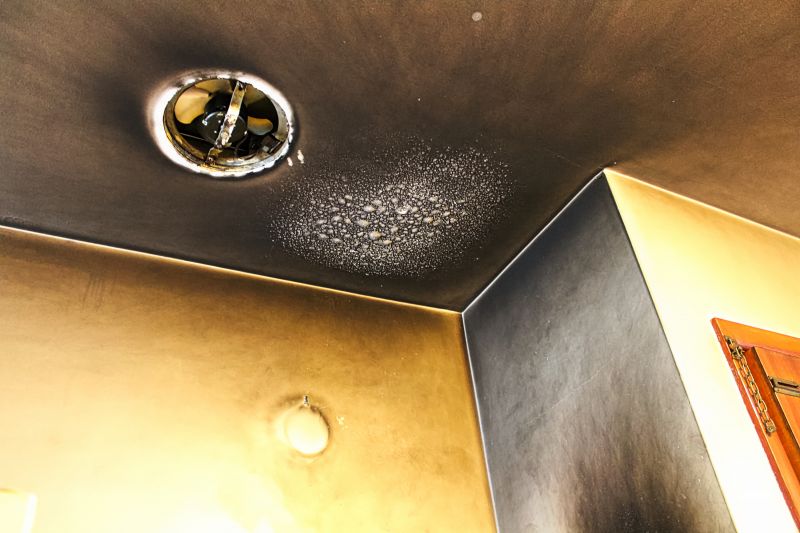
Removing soot and smoke residues is essential for restoring indoor air quality.
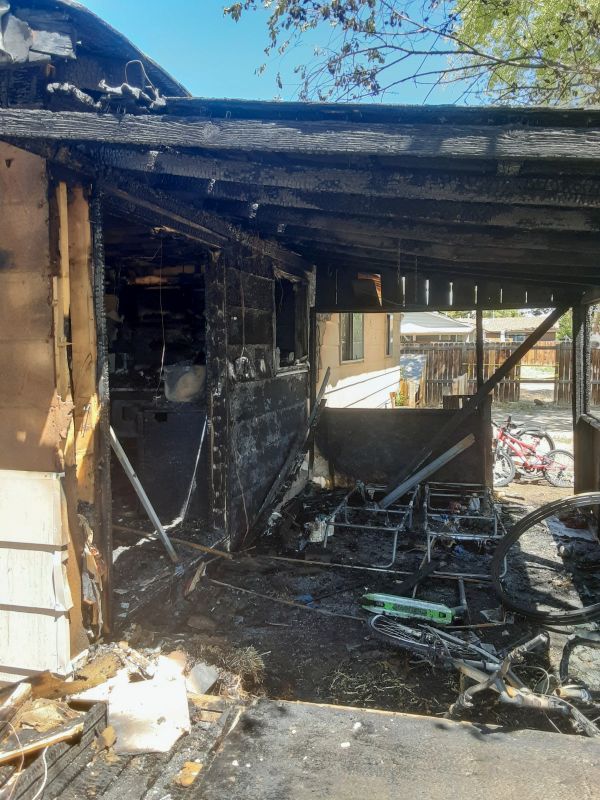
Reinforcing damaged structures ensures safety and stability.
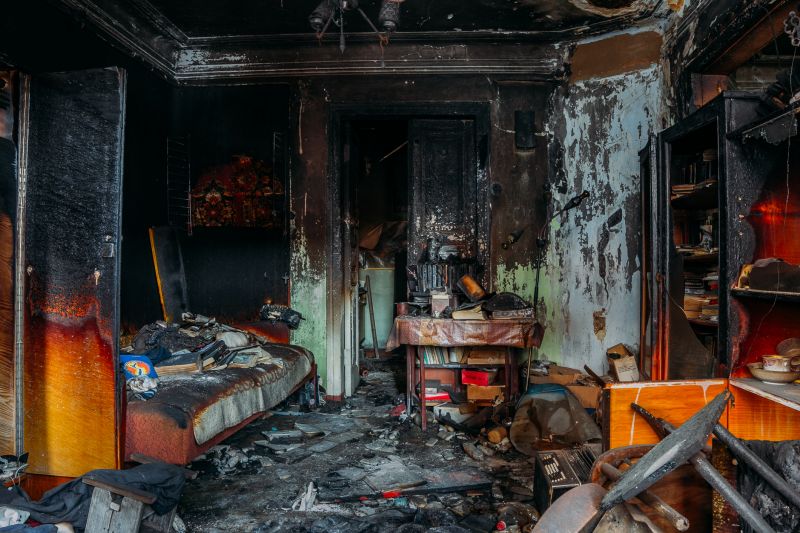
Refurbishing interiors restores functionality and appearance.
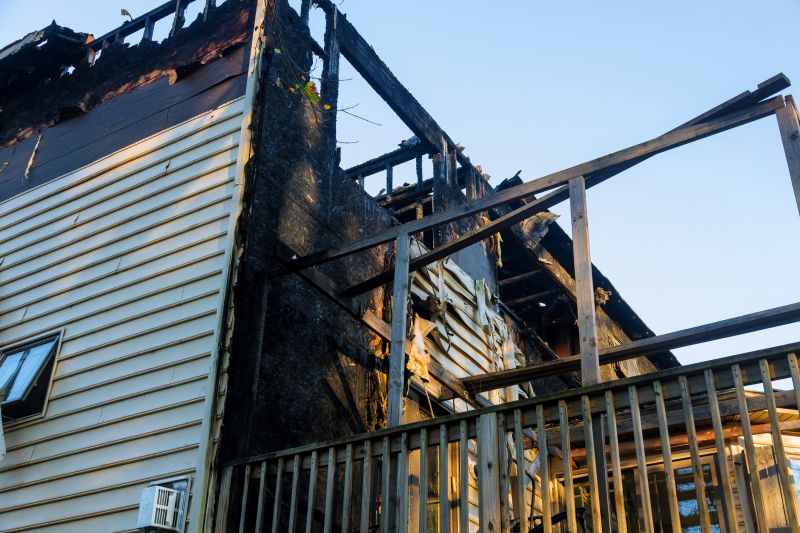
Reconstruction restores properties to their pre-fire condition.
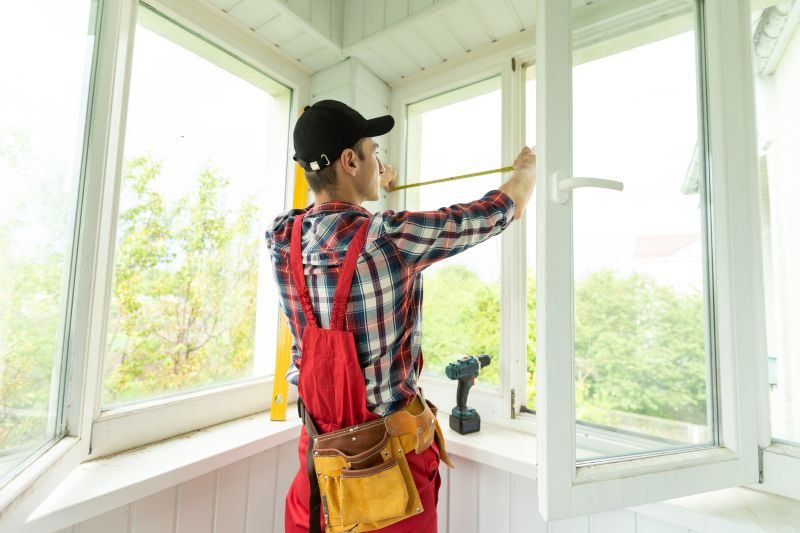
Little measurements that prevent headaches on Fire Restorations day.
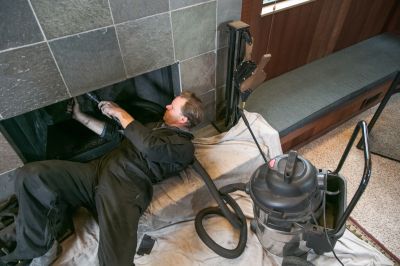
A 60-second routine that keeps Fire Restorations looking new.
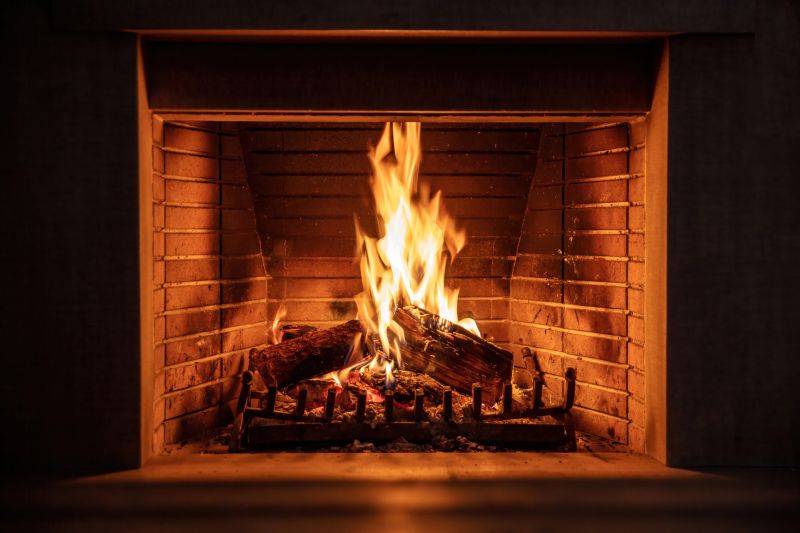
A frequent mistake in Fire Restorations and how to dodge it.
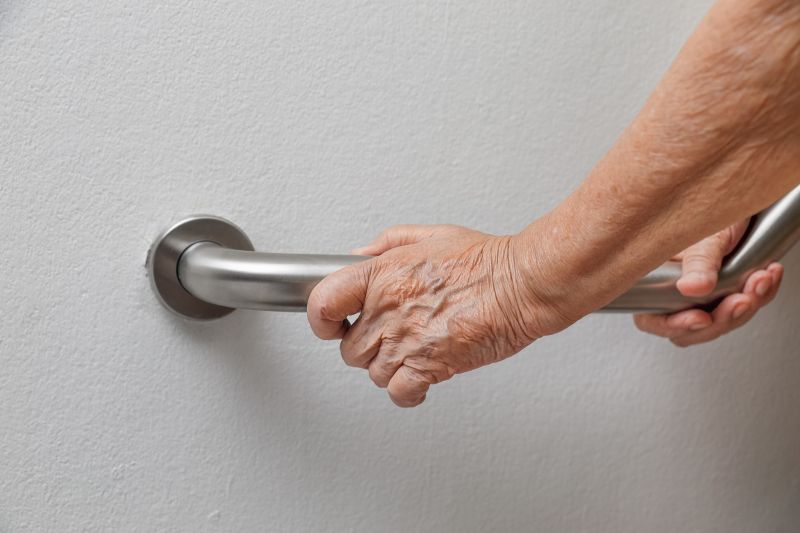
Small tweaks to make Fire Restorations safer and easier to use.
Interested property owners or stakeholders can contact for more information or to initiate fire restoration services. Proper timing and expert planning are vital to achieving optimal results and minimizing disruptions during the recovery process.
